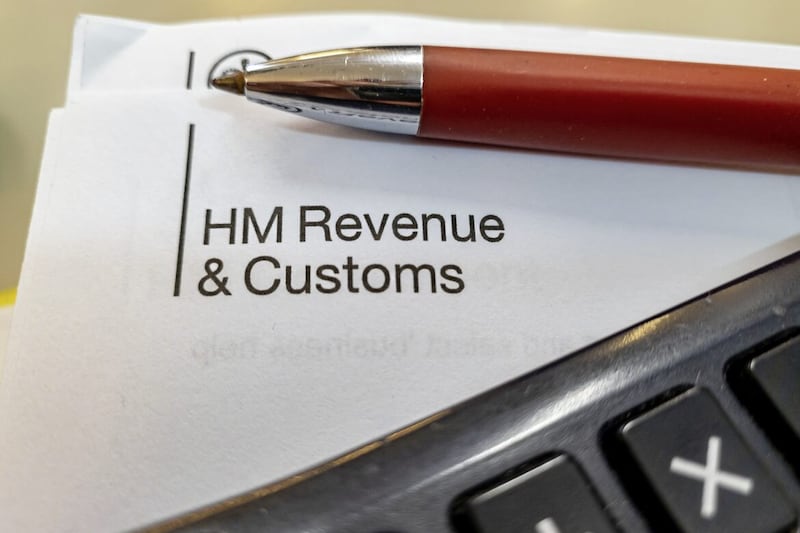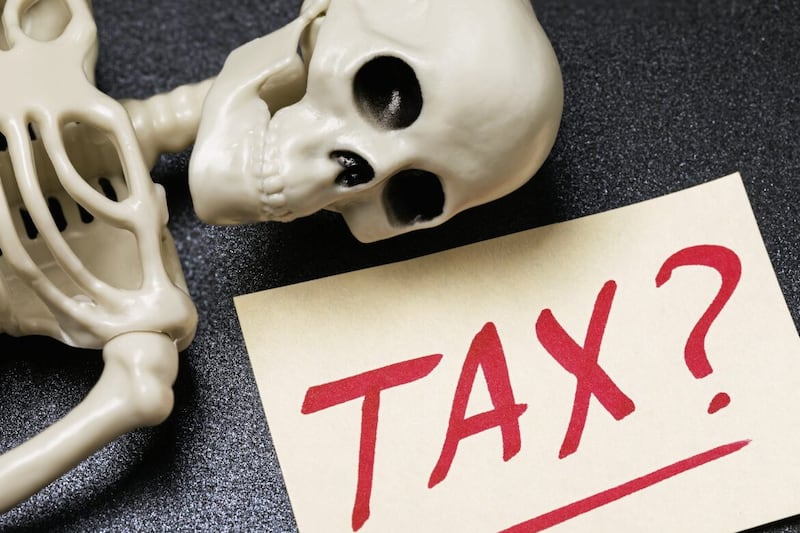QUESTION: I have been an investor in stocks and shares for many years and am familiar with how gains and losses are treated for tax purposes in the UK. I am considering investing in crypto currency both potentially through mining activities and through acquiring crypto currency with a view of future resale. Are the tax implications the same for crypto currencies as stocks and shares?
ANSWER: The most important difference between crypto currencies and actual cash or money is that HMRC views crypto currencies as an asset and not a currency for tax purposes.
Crypto currency tokens are awarded to people who verify transactions which is referred to as mining. The activity of mining is akin to a trade and therefore the value of tokens received by the miner is taxed as income in the hands of the miner either as miscellaneous income or trading income if the pattern of activity suggests that they are engaged in a trade. In any event, the income is either charged to income tax if undertaken by an individual or corporation tax if undertaken by a company.
Conversely, an investor who acquires crypto currency and holds it for a period of time before selling it, realising a profit or loss is more likely to be engaged in investment activity and any profit will be charged to capital gains tax.
HMRC use the same rules for crypto currency as they do for share investors in that crypto currency acquisitions are pooled for identification purposes which enables identification of which tokens are being disposed of when there are many acquisitions of tokens over a period of time.
When tokens are disposed of, the disposals are matched as follows.
• Firstly, investors are deemed to dispose of any tokens acquired on the same day;
• Secondly, investors are deemed to dispose of any tokens acquired over the next 30 days; and
• What remains are tokens referred to as the Section 104 pool whereby all the remaining tokens acquired are placed into a pool with an average acquisition cost computed to work out the profit per token on disposal.
Similarly, to shares where more than one type of crypto currency is purchased (for example Bitcoin, Ethereum etc.) they all must be pooled separately and cannot be all put into one pool. This follows the same rules as pooling listed stocks and shares.
It should be noted that someone who mines crypto currency is charged income tax as stated above based on the value of the tokens received for the mining activity. If the person then immediately sells these tokens for the same value there will be no profit or capital gain.
However, if they hold the tokens for a period of time and then dispose of them, they will then either face a capital loss or capital gain as above.
Paddy Harty (p.harty@pkffpm.com) is a senior tax director at PKF-FPM (www.pkffpm. com). The advice in this column is specific to the facts surrounding the question posed. Neither the Irish News nor contributors accept any liability for any direct or indirect loss arising from any reliance placed on replies.







